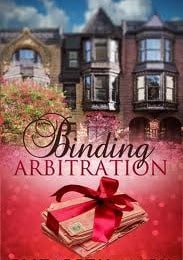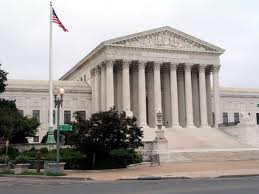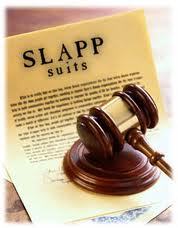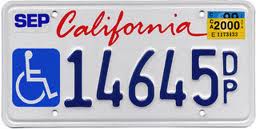In Chin v. Advance Fresh Concepts Franchise Corp. (Cal. App. Second Dist., Div. 4; April 20, 2011) 194 Cal.App.4th 704, [123 Cal.Rptr.3d 547, 2011 DJDAR 5595], an arbitration clause provided that the arbitrator, rather than the court, was to decide issues of arbitrability (delegation clause). But, even if such a clause is unconscionable, the court should nevertheless order arbitration […]
Contract Principles Determine Whether Parties Agreed To Binding Arbitration.
The Goffs were in a fee dispute with a law firm and offered binding arbitration. The law firm declined. Subsequently, the law firm changed its position and agreed to arbitrate, whereupon the Goffs withdrew their request for binding arbitration. The matter went to arbitration and the arbitrator ruled that the parties had agreed to binding arbitration. […]
Sanctions Properly Awarded Against Attorney Who Violated Order Precluding Him From Asking Certain Questions.
The court specifically instructed attorney Daniel Callahan not to inquire into a particular area. Callahan ignored the order and the court imposed $1,500 sanctions under Code of Civil Procedure section 177.5, for knowingly violating a court order. The Court of Appeal affirmed. If Callahan had not understood the court’s order, as he claimed, he should have […]
Order To Tax Costs On Appeal After A Remand Is Immediately Appealable.
On appeal, the Court of Appeal remanded the case to reduce damages and awarded appellant costs on appeal, including attorney fees. Appellant filed a cost bill in the trial court and the trial court only partially granted a motion to tax cost. That motion was immediately appealable as a post-judgment order and time to appeal did […]
Reviewing Opponent’s Privileged Documents May Lead To Attorney Disqualification.
Where law firm obtained opponents’ privileged documents which were protected by the attorney-client privilege and used these documents, the trial court properly disqualified the law firm. Where lawyers receive documents that are obviously privileged, they can only examine them to the extent necessary to determine the privileged character of the documents and immediately notify the sender that […]
Settlement Offers To Compromise Under Code of Civil Procedure Section 998, Must Conform To Statute.
Since 2006, the statute governing statutory offers to compromise (Code of Civil Procedure section 998) has provided that the offers include “a provision that allows the accepting party to indicate acceptance of the offer by signing a statement that the offer is accepted.” The language of the statute is mandatory and Puerta v. Torres (Cal. App. […]
Attorney Fees Are Included In “Costs” In Section 998 Settlement Offer.
After accepting a settlement offer under California Code of Civil Procedure section 998, in a specified amount and providing “that each side bear their own costs,” plaintiff moved for statutory attorney fees. Defendant opposed contending that the term “costs” included statutory attorney fees. The trial court agreed with defendant and denied the motion. The Court of Appeal affirmed. Under […]
Flyers Unrelated To Labor Dispute Distributed During Strike May Survive Anti-SLAPP Motion.
Road Machinery’s union went on strike. Jim Price, a vice president of the company did not have any role in the negotiations with the union. Yet, the union placed flyers on his neighbors’ doors, reading things like “Neighbors, beware of this man, Jim Price.” He sued the union for defamation. The Court of Appeal affirmed the […]
Attorneys May Not Prohibit Client From Settling Without Their Consent.
A client has the right to abandon a suit without the lawyer’s consent. Therefore public policy voids a provision in a contingency fee contract that prohibits the client from settling the case without the consent of the lawyer. In Lemmer v. Charney (Cal. App. Second Dist., Div. 8; May 5, 2011) 195 Cal.App.4th 99, [125 Cal.Rptr.3d […]
Disabled Placard, Or License Plate? Try To Figure This One Out!
Vehicle Code section 22511.5, permits unrestricted parking for vehicles with a disabled placard, or license plate, even when there are signs limiting parking time. So far, so good. But what if there are no signs but only a municipal ordinance limiting parking time? This was the issue in Spicer v. City of Camarillo (Cal. App. Second Dist., […]
- « Previous Page
- 1
- …
- 74
- 75
- 76
- 77
- 78
- …
- 105
- Next Page »







